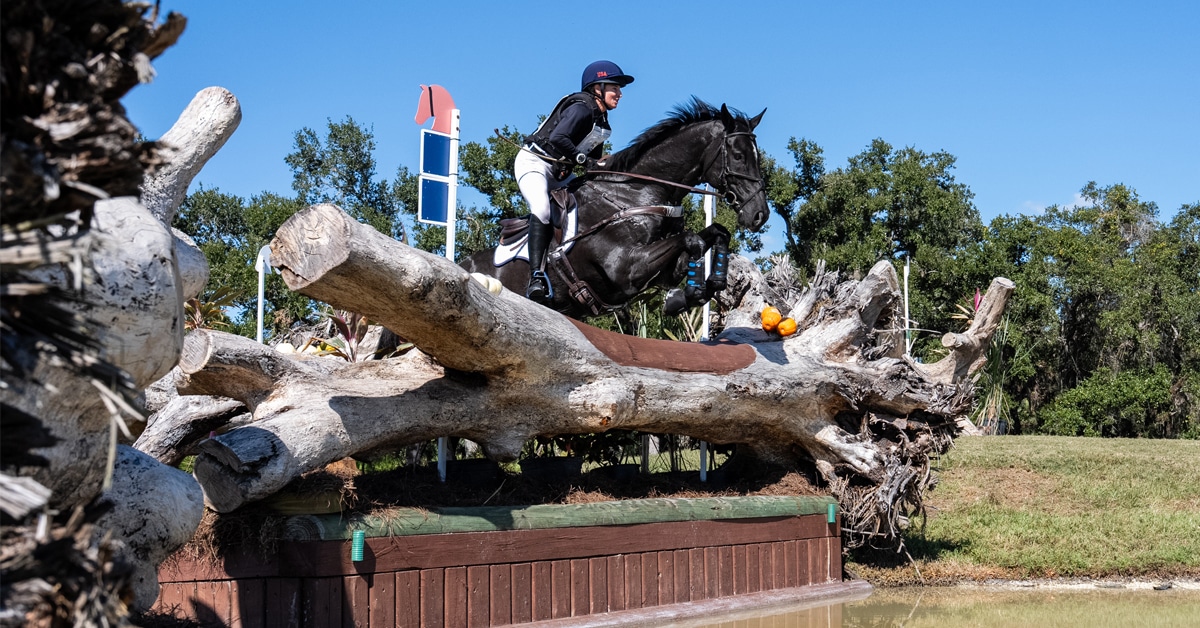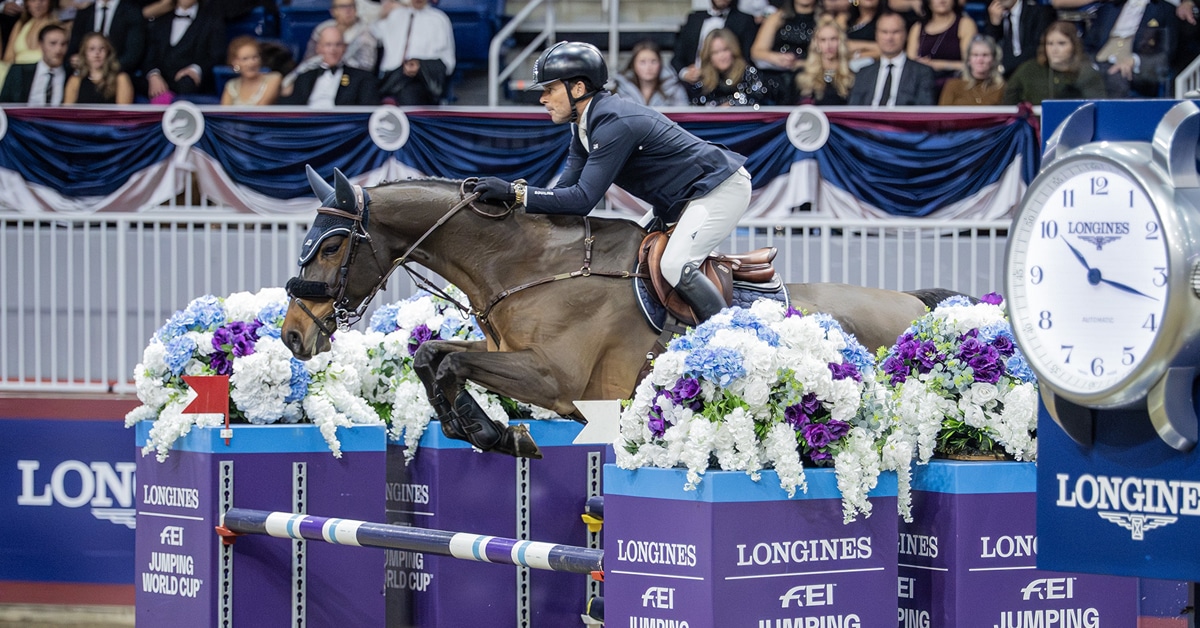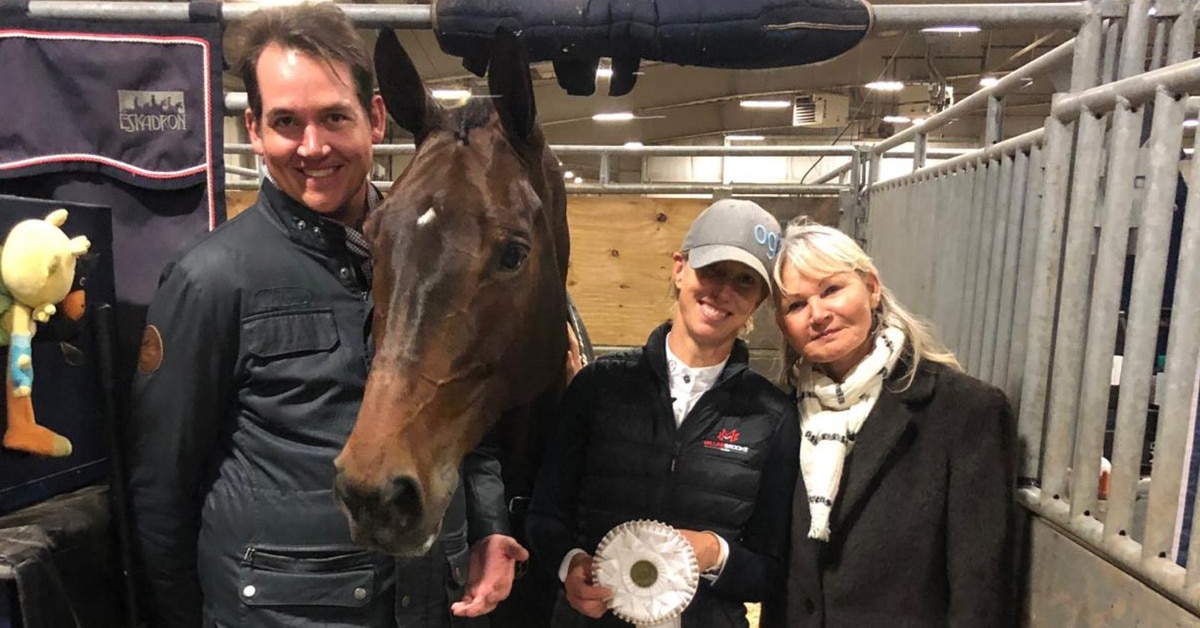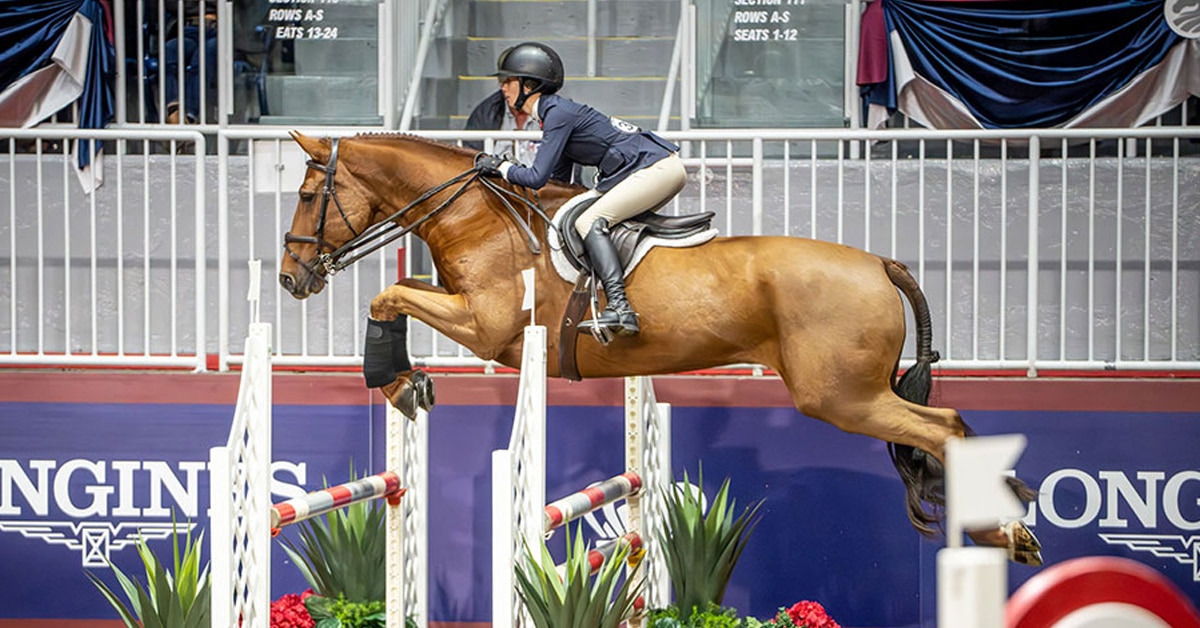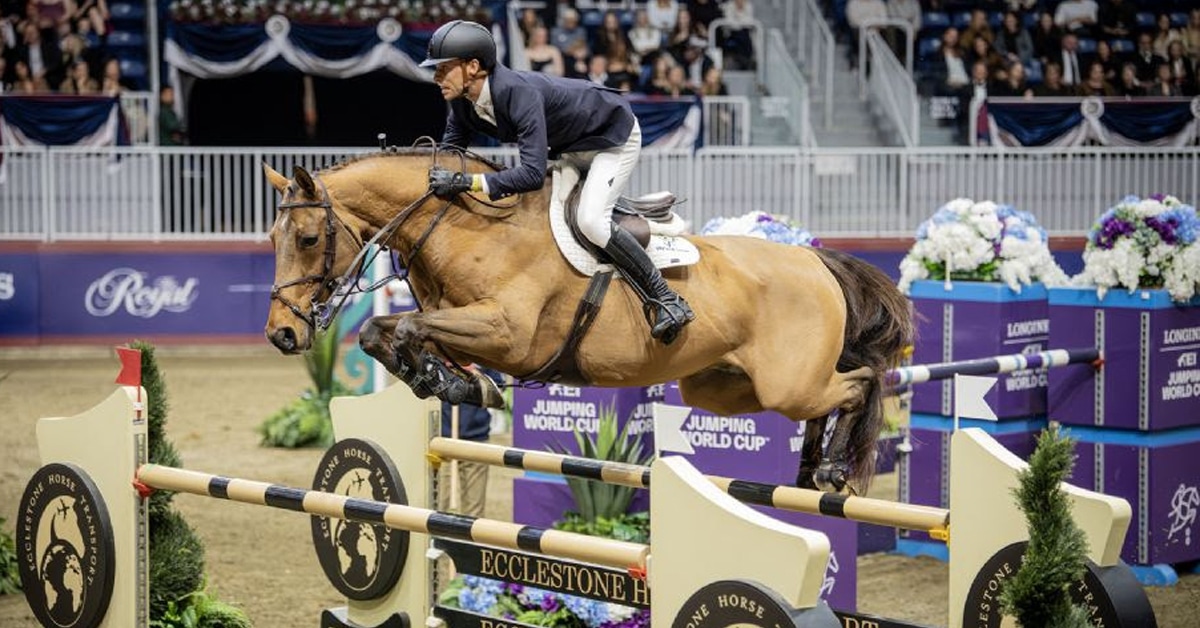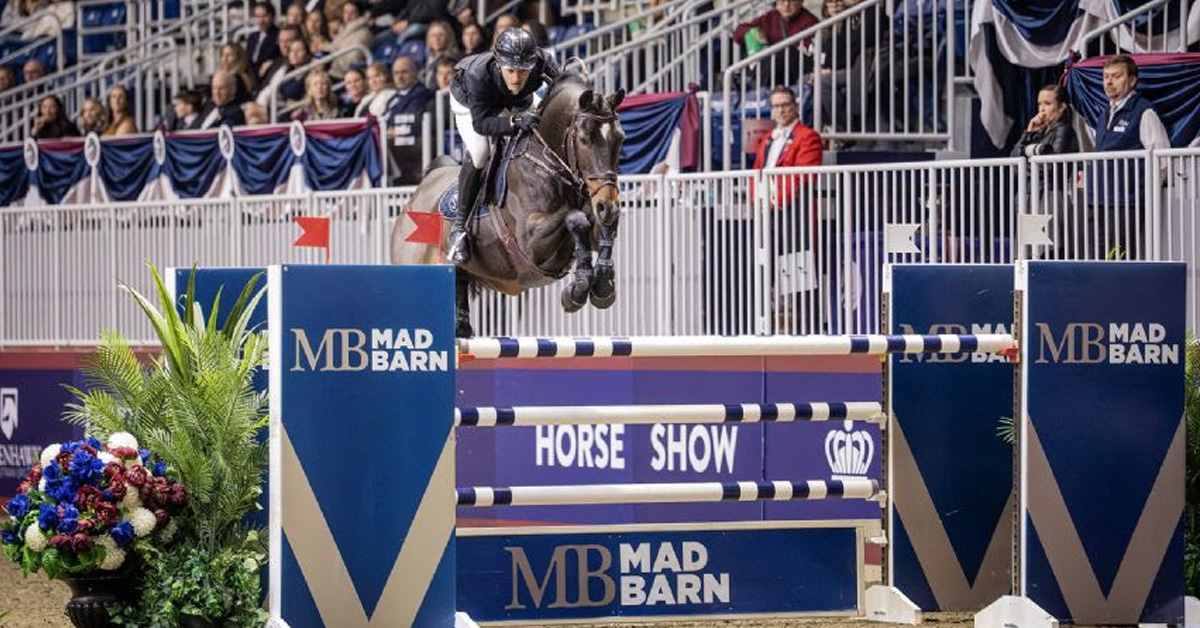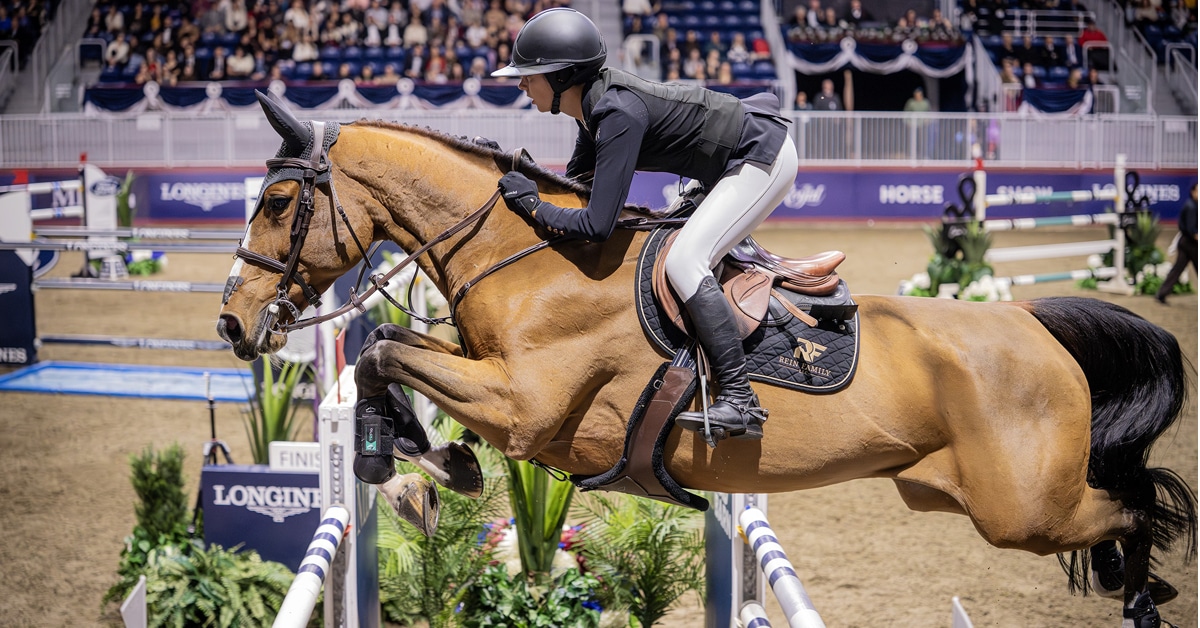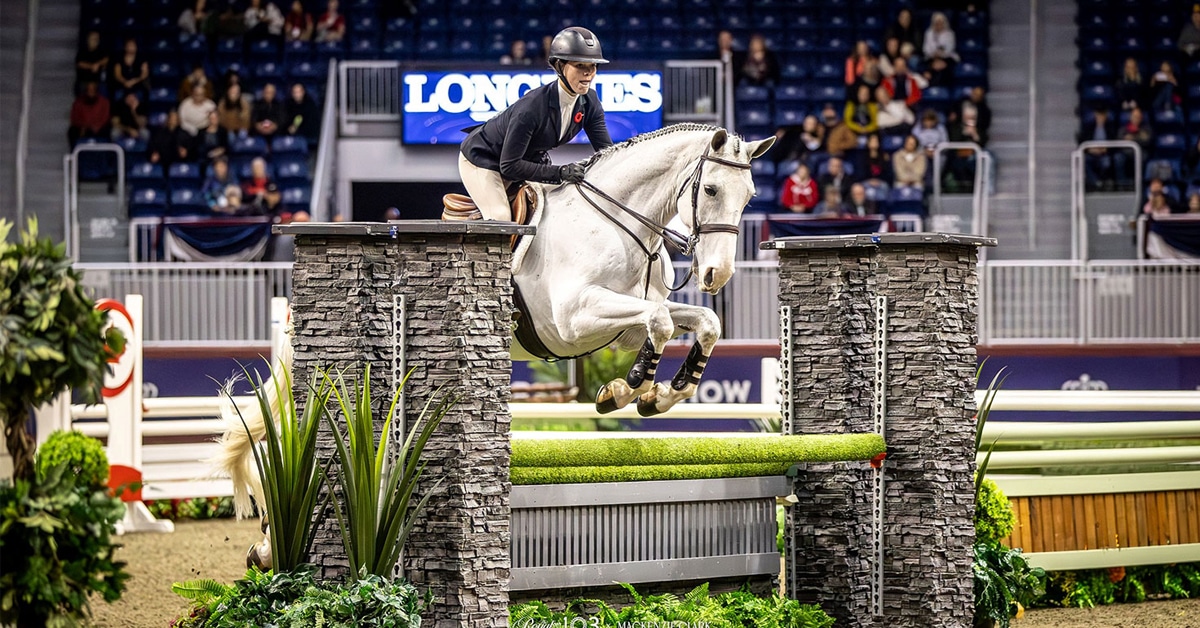Two young lawyers with a background at FIFA, the once troubled governing body of global soccer, have been elected to the FEI’s disciplinary Tribunal – one of them surprisingly filling the chairman’s role despite his minimal equestrian experience.
Jose Alfonso Rodriguez, 35, was elected Tribunal chair at the FEI General Assembly in Moscow on November 19th. He will now oversee an expanded Tribunal comprising notably older legal and equestrian experts who include a former second vice-president of the FEI.
Mr Rodriguez’s candidacy drew adverse comment on social media in the days running up to the vote. This varied from negative perceptions about FIFA, and doubts about a non-horseman’s ability to assess the many complexities of equine anti-doping and horse abuse.
Also elected was his former FIFA colleague, Valérie Horyna, 34, who describes herself as a hobby rider; her equestrian credentials were endorsed with the Swiss federation. She worked at FIFA from 2013-2016 and is now head of legal and governance matters with the Fédération Internationale de Hockey.
FEI Statutes require all Tribunal members to have appropriate legal AND equestrian knowledge. Canada’s Harveen Thauli, 53 – re-elected to the panel for a further term – competes in amateur hunter-jumper, has been a practising attorney for over 20 years, and runs practices in Vancouver specialising in sports and equine law.
However, some of the criteria for candidacy appear to have been waived in recent years.
The new Tribunal chair was nominated by the national equestrian federation of Mexico. It is unclear if he was the only candidate and, if not, why the FEI Nominations committee preferred him.
Betty Wates, outgoing chairman of the Nominations committee, referenced the stir over Tribunal elections when delivering her annual report yesterday, and described it as “foolishness.”
Her message was: “We do not chose these people – we recommend. If you put us [the Nominations committee] in place, trust us! We have gone into this thoroughly.”
In his application letter, with “sincere humbleness” Mr Rodriguez said his previous equestrian experience was just “recreational;” he highlighted the many other qualities he would bring to the table.
He obtained his law degree at the Universidad Católica Andrés Bello, Guayana in 2007 and a Masters in 2010.
Between 2011 and 2017, he worked in the secretariat to the FIFA judicial bodies, covering player transfers, match manipulation, marketing and brand infringements, disciplinary incidents during competitions, anti-doping and FIFA’s Code of Ethics at the height of the many controversies that resulted in that organisation’s root and branch reform. He has been involved in handling sensitive topics such as the protection of minors, the awarding of the 2018 and 2022 FIFA World Cups, and proceedings against FIFA’s president and secretary general.
It appears the work of the FEI is fairly new to him; upon reading the latest FEI Annual Report, he says three things came to his attention – the growth of equestrian sport, the “transparent and organized manner” of the FEI’s governance practice and the focus on inclusion and representation.
He added that: “As an entity operating under Swiss law, which embraces the general principles of sport justice, most of the disciplinary principles and conducts enforced [by the FEI] share a common basis with other sports, which ultimately seeks to guarantee the fairness of events and wellbeing of all athletes. Ensuring that proceedings and regulations are properly implemented can be better guaranteed if the person appointed as Chair is familiar with the operations applicable and has full grasp of the implications of disciplinary measures within the sport.”
Other newly or re-elected Tribunal members are Mohammed Al Saberi (UAE), 57, head of Crime for the Dubai courts and head of the Emirate equestrian federation’s disciplinary committee; Constance Popineau (FRA), 36, who competes in eventing, is currently head of legal for the French national Olympic Committee, former director of the French Thoroughbred breeders association and former head of legal for the French Equestrian Federation; Diane Pitts (USA), 68, a practising attorney in Dallas since 1975, board director of USEF and who has fulfilled many other senior roles at USEF; Christopher Hodson, QC (NZ), 79, Judge Advocate General of the New Zealand armed forces, former president of the New Zealand equestrian federation and former second vice-president of the FEI; and Martin Gibbs (GBR), 54, who graduated in law in 1995, is former CEO of Union Cycliste Internationale and legal counsel to British Cycling. Mr Gibbs also has no previous direct equestrian involvement.
More News
